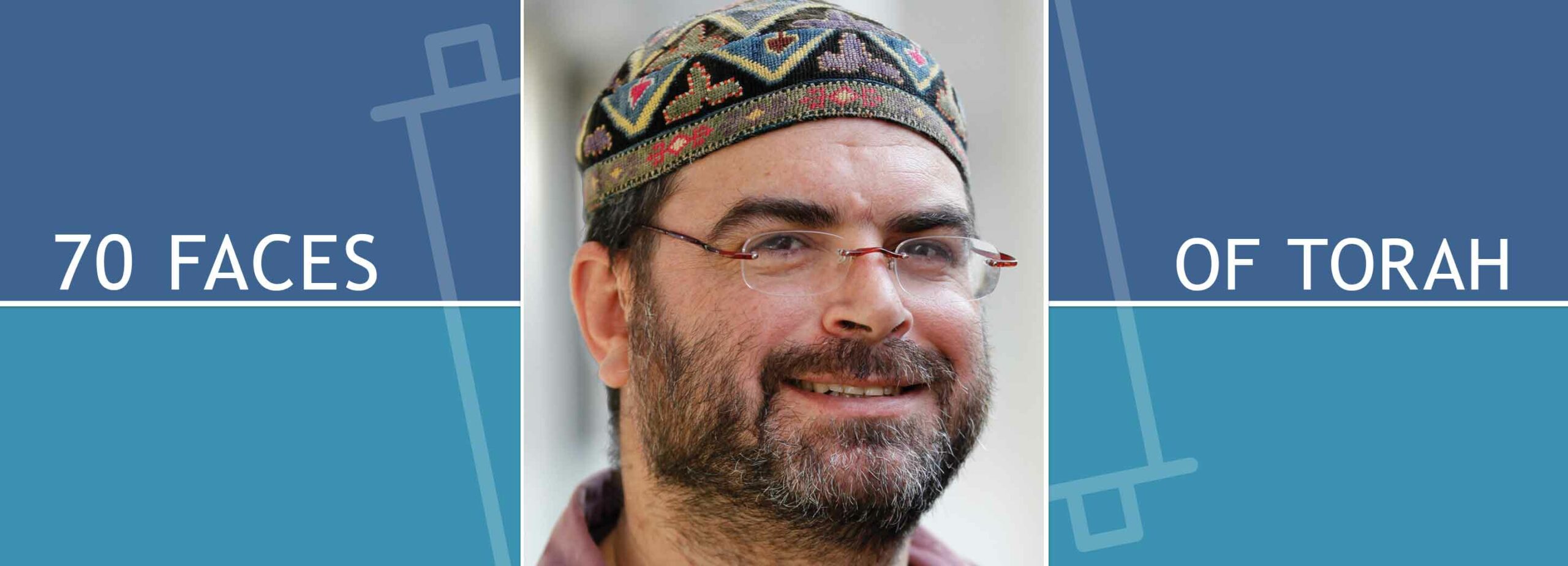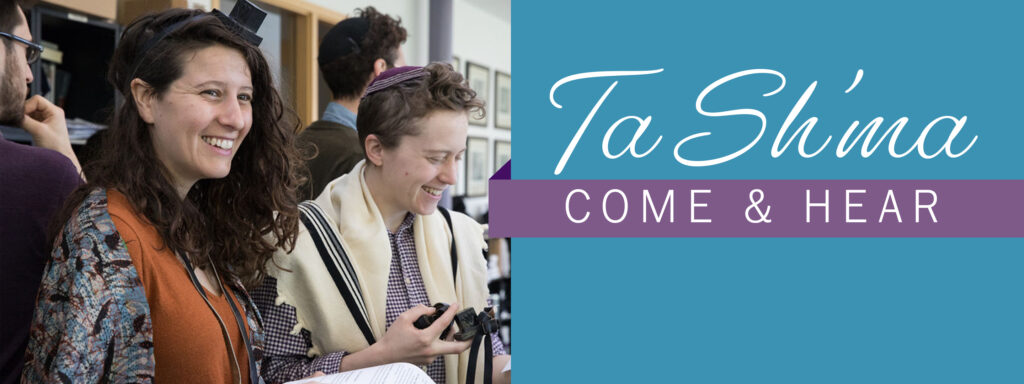Deuteronomy Holding The Shattered Tablets

Parashat Ekev (Deuteronomy 7:12-11:25)
In this week’s parsha Moshe recounts the story of the ten commandments. But he does not tell only of God’s dramatic revelation on Mt. Sinai accompanied by lightning and thunder, and the extravagant betrayal which followed, dancing around the Golden Calf. He also tells of the slow process of re-establishing the relationship between God and the people following the betrayal, and of the humble and much quieter offering of the same commandments for the second time, on a set of tablets Moshe carves to replace the first set he had shattered in anger.
“At that point, God said to me—carve two stone tablets…and I will write upon those tablets, the words that were on the first tablets which you shattered, and put them in the Ark” (Deuteronomy 10:1-2).
Is God offering a fresh start? One way of understanding Moshe’s story is that after forty days of talking through God’s anger at the people’s betrayal, God is willing to forgive the people and begin anew. God will write the commandments again on a new set of tablets Moshe will create, which will be kept by the people in the Ark of the Covenant, affirming the relationship and the commitment from both sides. The whole drama of Sinai, or at least the painful parts, can be left behind.
But Rabbinic tradition offers another understanding of Moshe’s words, paying attention to the somewhat awkward syntax of the sentence quoted above. “Rav Yosef taught:”…the first tablets which you shattered, and put them in the Ark”—this implies that the tablets, and the fragments of the tablets are put in the Ark” (bavli, Bava Batra 14b).
Putting the broken tablets in the Ark of the Covenant is to put our failure at the heart of our relationship with God. This idea can be very threatening to relationships in general, not just relationships with God. Indeed, there is a contrasting Rabbinic tradition that proposes that the broken tablets were kept in an ark, but this ark was separate from “the Ark of God’s Covenant” (yerushalmi, Shekalim 6:1). In other words, it is important to remember our failures but not to set them at the heart of our relationships.
While I have much sympathy for this latter position, I would like to continue to explore the challenge posed by Rav Yosef’s teaching and what it might teach us about reconciliation. It is one thing to accept that a person can make mistakes, even bad mistakes, and to be willing to re-establish a relationship on that basis. It is another level of care and intimacy to trust another person and their process so deeply that your love can encompass even those aspects of the person that led to the betrayal because they are part of the person and their process. This difference may be alluded to in the Talmud which distinguishes between reconciliation driven by fear which has the great power of transforming intentional wrongdoings into mistakes, and reconciliation driven by love which has the great power of transforming intentional wrongdoings into merits (bavli, Yoma 86b). The image of the Ark of the Covenant containing both shattered and whole tablets, may be a symbol of such radical love and acceptance.
This story is read in the weeks following Tish’ah B’av and leading up to Yom Kippur. During these weeks the rituals of the Jewish calendar turn our focus towards reconciliation and reflection on our capacity to forgive and to be forgiven. It may well be that the best we can do in a given situation is just to forget about the wrong that was done. Maybe the most we can do is to accept that people make mistakes and work with that. But the power of symbol and myth is to extend the limits of what is possible, to allow us to even imagine forgiving and being forgiven to the extent that “the tablets, and the fragments of the tablets are put in the Ark”.
Rabbi Ebn Leader is a faculty member of the Rabbinical School of Hebrew College in Newton Centre, MA.
 Learn more about Hebrew College’s Rabbinical, Cantorial, and Rav-Hazzan programs at our fall Open House, Ta Sh’ma (Come & Hear) on Nov. 18, 2019.
Learn more about Hebrew College’s Rabbinical, Cantorial, and Rav-Hazzan programs at our fall Open House, Ta Sh’ma (Come & Hear) on Nov. 18, 2019.

